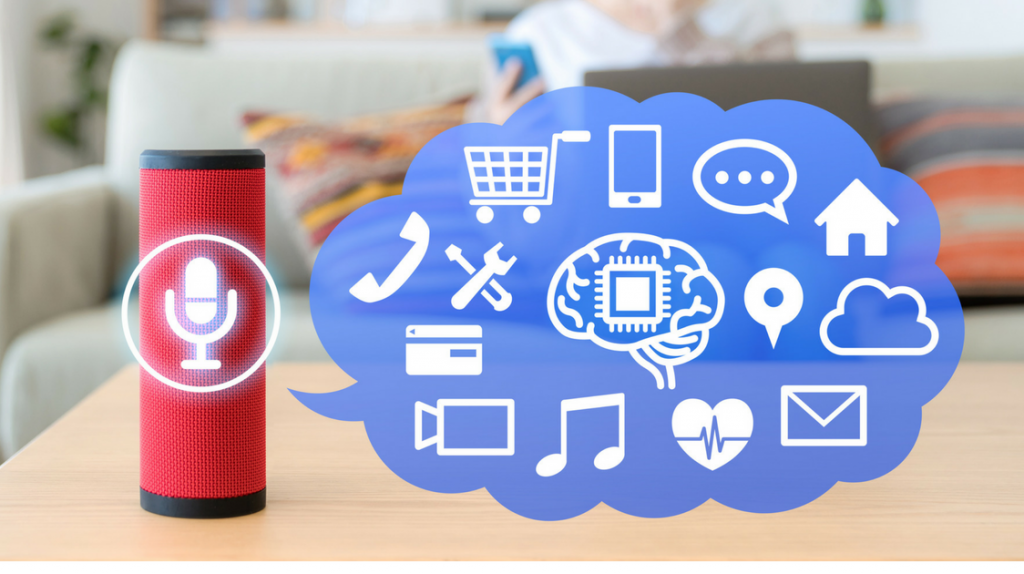OK Google, Alexa, Siri, tell us about voice search

Love it or hate it, voice search is on the up. For comms and marketing people, it seems like something we should completely be on board with – especially considering Comscore predicts that 50% of all searches will be accomplished by voice search in 2020.
Although I know its significance and can see the opportunities to use as part of a campaign, it still seems a little bit creepy. Especially in light of stories like Alexa’s eerie laughing and blurting out random phrases.
The Amazon page for Alexa states that “Alexa uses your voice recordings and other information, including from third-party services, to answer your questions, fulfil your requests, and improve your experience and our services. When you set up your Alexa-enabled product or link third-party services with Alexa, Alexa begins processing some information, such as your music playlists.”
But are people willing to give up their privacy for convenience and speed? The answer is often yes.
And for the 17 million people who bought an Amazon Echo last Thanksgiving in the US, convenience is certainly at the front of their minds. Alpine.AI estimated that there are over one billion voice searches made each month.
Reuters Institute Digital News Report 2018 found that around half of those who have voice-assisted devices are using them for news and information.
Other than the obvious, that voice search uses voice, how do people use it differently?
We treat speaking to Alexa, Siri or Google more like a conversation. Google even gives suggestions for some of the things to search.
OK, Google…
Find the time: “What time is it in London?”
Check the weather: “Do I need a jacket today?” or “What’s the weather like tomorrow morning?”
Answer trivia questions: “Where was Albert Einstein born?” or “How old is Beyonce?”
Solve a maths problem: “What’s the square root of 2209?”
Continuing to prove maths teachers wrong, that you can indeed have a calculator in your pocket at all times – and all you need to do now is ask the question aloud.
It gives a great opportunity for brands – imagine being the source of the answer and Google responding. “Here’s a result from [your brand]…”
Going forward this is where Amazon and Google could begin to properly monetise search – offering brands the option to be the first search response.
Over the past few years, conversational search has become even better. You can now reference previous queries. For example:
- “How old is Barack Obama?”
- “How tall is he?”
- “Who is his wife?”
- “How old is she?”
Sounds useful, right? Well, the innovation doesn’t stop there. Companies are starting to add their voice tech to everything from your car to your shower head. Imagine getting the news, checking your emails and browsing the internet while you shower.
And it’s not just audio anymore. Voice search devices with screens are being launched – which apparently isn’t the same as using Siri on your phone. The Amazon Echo Spot explains that it lets you “use 2nd generation far-field voice recognition to watch video flash briefings, see music lyrics, weather forecasts, to-do and shopping lists, browse and listen to Audible audiobooks, and more. All hands-free. Just ask.”
No longer an incorrect robot – 95% of Google searches done by voice are correct. Scots, rejoice as you are finally recognised by voice search.
Google DeepMind have developed WaveNet to make robot voices sound more human – you can listen to some of their voice clips here.
Finally, guess what, it’s not just for home now. Amazon is in the process of creating Alexa for office.
Do you use voice search at home or is voice search a game-changer for the brands you work with? Share with us below.




